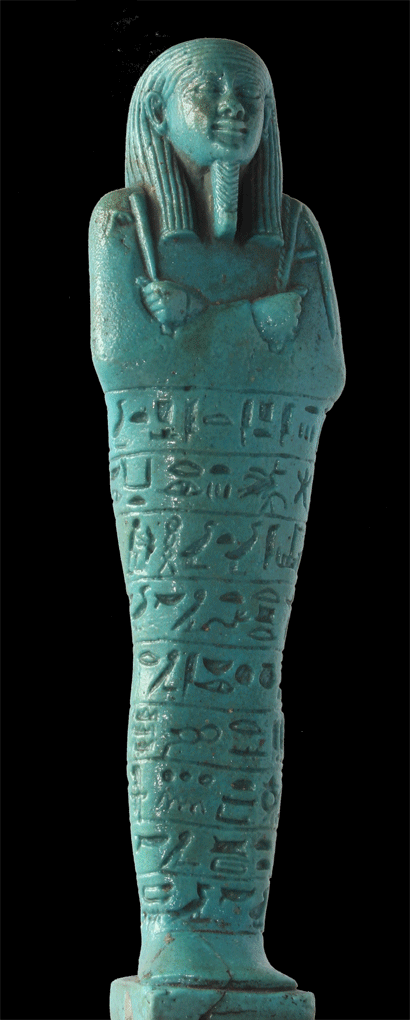|
|
|||||||
|
|
|
|
|
|
|
|
|
|
|
|||||||
|
|
|
|
|
|
|
|
|
|
|
||
|
|
|
|
|
|
||||||||||||||||
|
World Museum, Liverpool
With over 16,000 items, World Museum in Liverpool has one of the largest and international important Egyptology
collections in the UK. It is a very representative collection of ancient
Egyptian material culture that spans from the Prehistoric (c 5300 BC) to the
end of the Byzantine Period (642 AD). There are 1300 items on display and the
collection is actively used in research and teaching, mainly through links with
Liverpool University, which is the largest teaching centre of Egyptology in the
UK.
The story of Liverpool’s Egyptology collection starts with goldsmith Joseph Mayer opening his Egyptian
Museum in 1852. His collection was based on purchases of important collections
made by diplomats and travellers in the early 1800s, such as Henry Salt. In
1867 he donated the collection to ‘The Liverpool Free Library and Museum’ (now World Museum) which made it the most important public Egyptology
collection after the British Museum.
Following Mayer’s donation the museum began to sponsor excavators working in Egypt, and with
agreement of the Egyptian authorities was rewarded with newly excavated
artefacts. Between 1883 and 1971 the collection was systematically enhanced
through subscription to excavations in Egypt conducted by the Egypt Exploration
Fund/Society, the British School of Archaeology in Egypt and the Liverpool
Institute of Archaeology.
This publication is now SOLD OUT but will shortly be available as a fully searchable e-book in flip-book format for easy reading. Watch this space for further announcements.
500 pages 297mm x 210mm
Over 600 colour photos
PUBLISHER AND WORLD DISTRIBUTOR
Olicar House Publications, England
|
 |
|
||||||||||||||
|
|
||||||||||||||||
|
|
||||||||||||||||
|
Introduction by
Ashley Cooke, Senior Curator of Antiquities
|
|
|||||||||||||||
|
Full description of shabti
|
High quality colour photographs throughout
|
|
||||||||||||||
|
|
||||||||||||||||
|
|
||||||||||||||||
 |
|
|||||||||||||||
 |
|
|||||||||||||||
|
|
||||||||||||||||
|
|
||||||||||||||||
|
Inscription with transliteration
|
|
|||||||||||||||
|
|
|
|
|
|
|
|
|
|
|
|
|
|
|
|
|
|
